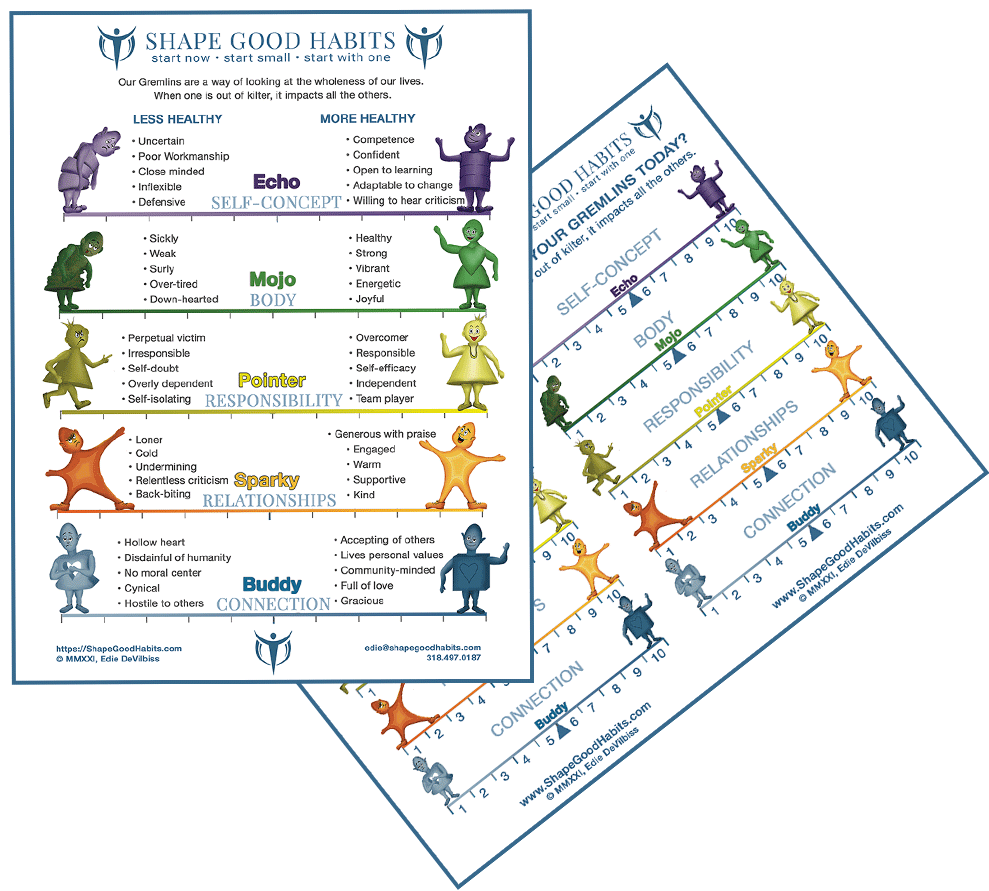Being aware of the hazards of Compassion Fatigue and excessive stress in our colleague or family member sometimes increases our acceptance of negative behaviors.
But when does that become counter-productive? How much negativity should we tolerate because we are telling ourselves they don’t mean it?”
Not much.
We need to maintain a standard
Increased awareness is not to excuse angry outbursts, ignoring responsibilities, or checking out from life. It is to protect us from believing we deserve poor treatment. Or from thinking that the suffering person is irredeemable.
When children are sick, we offer grace for meltdowns. We can do that for adults to a degree.
Yet, what we tolerate becomes the standard.

In the workplace and in the home, we need to know what our parameters are for acceptable and unacceptable behaviors.
First Step
To address a behavior that is outside of the bounds of what’s ok, there is a simple strategy to use.
The first step is to address our own anger, if what has happened elicits a strong feeling within us. This process will not be effective if we are not self-controlled.
Tell the person the exact behavior that you wish to talk about. Just the behavior. Not what it says about their character. No need to share whatever story is in your head about why they did what they did. Your story is fiction.
Listen, Reflect, Set Boundaries

Listen to their explanation of what happened from their perspective. Do not be surprised if the narrative includes blame for other people, including you. It’s part of the symptoms.
Reflect what you heard them say, including the blame. Maintain a neutral tone throughout this conversation.
State the standard of behavior which is acceptable. Compare the observed behavior and the desired behavior. Then ask them how they will close that gap.
When they have come up with a plan, make an appointment to meet again in two weeks to review how things have progressed. Keep that appointment.
The process is simple, not easy. It takes inner strength to maintain self-control when someone else is truly upset. Part of Compassion Fatigue is blaming others and a sense of persecution. These conversations can be extremely difficult.
Yet, when we approach these interactions with kindness and understanding instead of blame and disdain, we open the possibility of recovery for the other person.
Isn’t your discomfort worth it?





